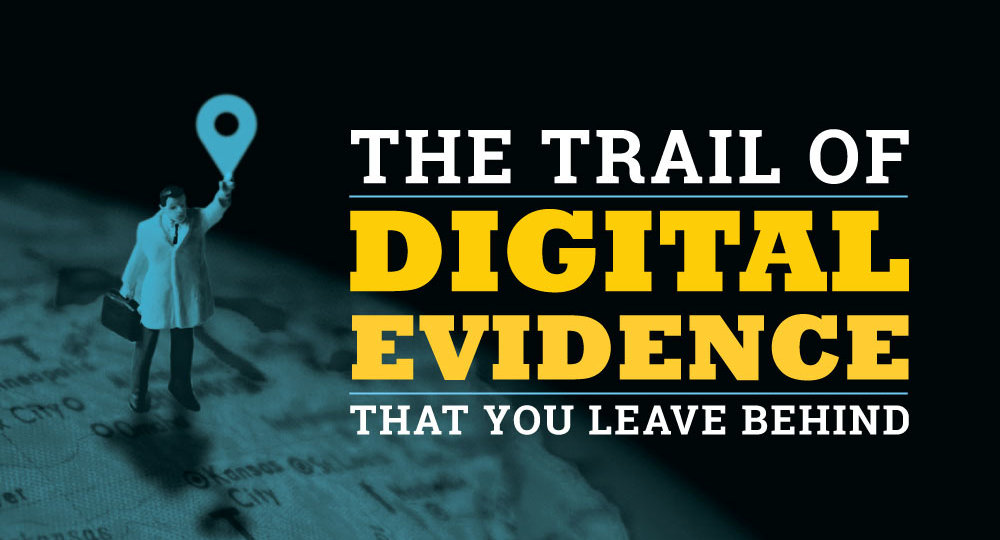This article is contributed by Jason Dirkham.
Data is the biggest thing companies are after these days – they want to know who’s out there they can sell to, and how to target you with ads that are so specific it can feel like they’re in your own head. And that can get a little bit scary, when you think about it – it never seems that serious when you’re just filling out a social media profile.
But all in all, the data you leave online is going to leave a footprint, and it’s going to help anyone who can access it, and knows what to do with it, follow your path to where you’re headed next. And unless they’re a very good friend of yours, who knows most of the things about you anyway, you won’t want that. So it’s time to make sure the data you’re leaving online is protected, and that you’re never revealing a little too much when an application form or a profile section asks for it.
What does the internet know about you?
Know What Sites are Secure
Before you decide for yourself if a site is secure or not, there’s one quick check you can do: in the site URL, what begins the web address? Is it ‘http’, or is it ‘https’? Because the latter option is the one that’s going to put your mind at rest, especially if the page you’re on offers eCommerce options. The missing ‘s’ in the otherwise normal ‘http’ address is a chance that someone could get a handle on your data without your knowledge or consent, and that’s not something to try and risk.
Other than that, make sure you use chat boards and review testimonials, to see if anyone else has had any trouble with a site you’re not sure about. People will always make their bad or suspicious experiences known – and if there’s no representative answering their troubles, which is a good sign that the site has a real human team behind it that respects their customer base, you might as well move onto to a webpage that’s similar but better. If you want to know more about user data, explore Google consent mode.
Never Skimp on the Privacy Policies
We’ve all been there. We’re signing up for an account on a site we’ve never visited before, we just like the look of it, and before we click submit on the form we just filled in, we have to check the box regarding whether or not we understand and accept the terms and conditions. We say yes, and we click through, and we don’t otherwise think much of it. But that’s a huge mistake to make.
You see, in these 6 to 14 page long documents, there’s a lot of information regarding how your data is used and what you can do about it. Maybe the site shares to a select few ‘trusted’ third party web pages – if you don’t like the sound of that, then continue as a guest. If the site never shares your date to anyone, and just uses it to better target ads, would you be more comfortable to sign up with them? Simply, take control over the ways your data is shared, as much as you can, by never skimping on the terms and conditions and the privacy policies.
Start Encrypting Yourself
When you’re online, you always leave a trace of who you are and where you’ve been. And because of that, you might want to start encrypting the way ahead – your data will be a lot harder to trace and use, and your IP address will be practically invisible because of it. It’s one of the best ways to keep yourself safe if you’re active in gaming communities a lot, for example.
One of the best ways to pull off something like this is via a VPN. A VPN allows you to create a connection that’s completely secure to any other network out there, and you can even get onto region restricted websites because of it. But what VPN would be best for you? Well, that’s a topic hotly debated, but you can get your hands on a VPN free subscription, if you’re short of cash or don’t use the internet too much.
In the modern world, your data is mostly safe. But there’s always a chance it’s going to fall into the wrong hands. Yet, the data you leave online is something you’re never going to quite clear up, but you can always try to cover your tracks and leave a lot less of a trace than you did before.
This article is contributed by Jason Dirkham.

